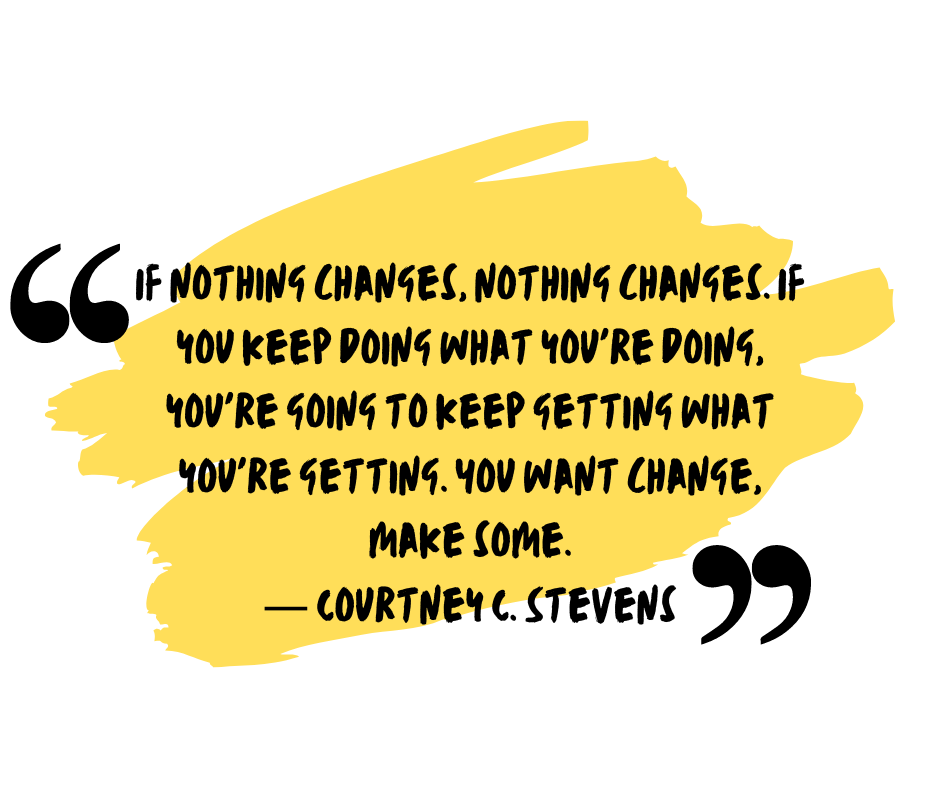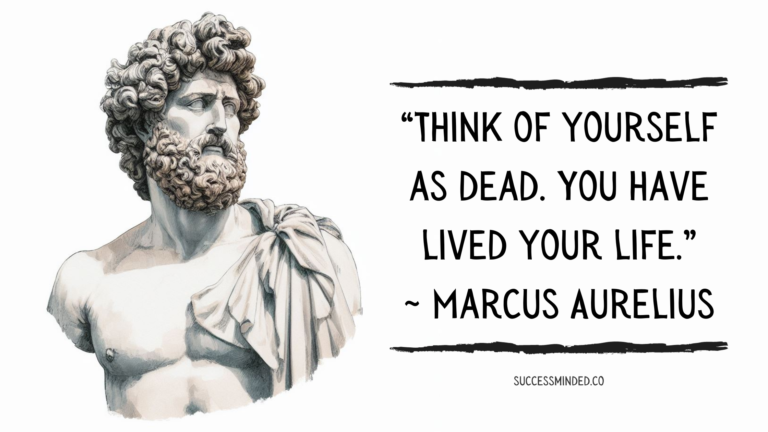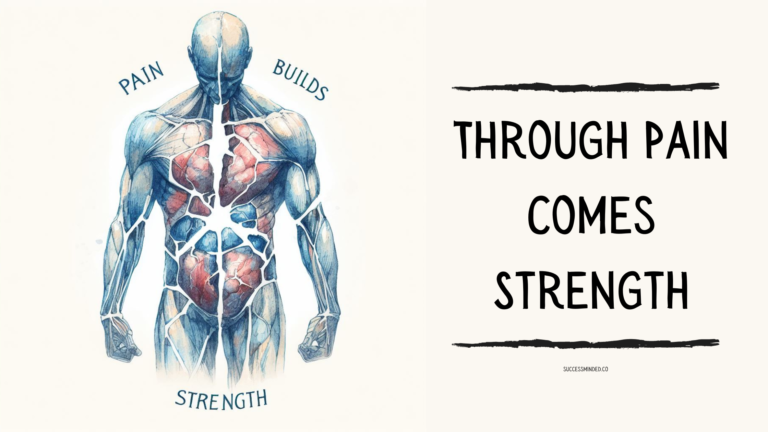
We’ve all heard the saying, “Nothing changes if nothing changes.” It’s one of those annoyingly true clichés that gets thrown around in motivational seminars and self-help books. As much as we may roll our eyes, it contains an important nugget of truth: if you keep doing the same old routines day after day, you can’t expect to see any real improvements or positive change.
I’m sure we can all relate to feeling stuck in a rut at some point. Maybe you’ve been eating the same sugary cereal every morning for years even though you know it’s not providing nutrition. Or perhaps you continue to date similar types of partners hoping for new results. Our brains love routine and familiarity – it’s comfortable. But in order to make progress, we have to get a little uncomfortable and purposefully disrupt our usual patterns.
The Science of Changing Deeply Ingrained Habits
Here’s the thing – our habits and behaviors get engrained in our brains on a neural level. The more we repeat an action or thought pattern, the stronger those connections in our brains become. Over time, it requires more and more effort to dismantle those old neural pathways that keep lighting up with familiarity.
So if you’ve been accustomed to stopping for donuts every morning on your way to work for the past 5 years, your brain has lit up with excitement at that routine for years. Suddenly trying to break that habit feels hard because you’re disrupting some deep grooves in your neurons! Even small routine behaviors can be surprisingly tough to change.
The good news is neuroplasticity is on our side. With concerted effort over time, we can absolutely rewire our brains by forming new patterns and connections. Introducing small changes gradually creates new grooves that eventually become the new normal. So stick with it! That morning bowl of oatmeal instead of donuts will start to feel natural after a month or two.
Applying “Nothing Changes If Nothing Changes” to Stuck Areas of Your Life

This phrase serves as an important reminder in all areas of life – if you feel stuck in your career, your health habits, your relationship, or your mindset, you have to be the one to actively make different choices.
You can’t keep dating party girls but wonder why you can’t find someone to have an actual conversation with. You can’t keep smoking a pack a day but expect your lung capacity to somehow improve on its own. You can’t cling to believing you’re “not good enough,” but assume your confidence will magically skyrocket. Nope! As the saying goes, “If nothing changes, nothing changes. If you keep doing what you’re doing, you’re going to keep getting what you’re getting. You want change, make some.”
If you sense there’s an area of your life that’s stagnant, do an honest self-assessment. Are you seeing the same disappointing results because you continue to repeat the same patterns and routines that got you there in the first place? Hmm…in that case, it’s time for an upgrade!
Intentional Steps to Change Habits and Behaviors
Disrupting our status quo takes some concerted effort – our brains inherently crave the comfort of familiarity. However, with a strategic plan, you can introduce lasting positive changes. Here are some tips:
- Identify 1-2 specific areas you want to improve. Maybe it’s finally losing those last 10 pounds, finding a new job, cultivating healthier relationships, or shifting from a scarcity to an abundance mindset. Get very clear on your goals for change and how you’ll measure progress.
- Reflect on what current behaviors and thought patterns are contributing to the status quo you want to change. Radical self-awareness is key! For example, are you constantlyComparisons on social media making you feel bad about yourself? Are you staying later at the office out of obligation vs. necessity?
- Break bigger goals down into smaller action steps you can tackle one by one. For example, if your goal is establishing a consistent gym routine, start by just going once a week. Build up from there.
- Enlist friends to support you and hold you accountable. Maybe you check in weekly on your progress. Accountability partners help motivate us when we slack off.
- When you inevitably slip up, get back on track the very next day vs. abandoning your goal altogether. Persistence and immediate course correction get results.
- Pay attention to cues and triggers threatening your new positive habits. If afternoon fatigue derails your gym plans, schedule workouts for mornings. Adapt your plan accordingly.
- Use tools like phone reminders and calendar appointments to help build new routines. The more it becomes an engrained habit, the less you’ll rely on prompts.
- Monitor your progress week by week. Are you noticing small wins? Celebrate when you achieve milestones! Marking progress keeps you motivated.
- Change takes time and consistent effort before it becomes natural. Be patient with yourself. Even small progress is still progress.
With concentrated effort applied regularly over time, your new habits and mindsets gradually become wired as the norm. People may even comment, “You’ve changed!” Bingo, that’s the goal!
The Upside of Change

Stepping outside your comfort zone on a regular basis provides tremendous benefits – even though it requires courage in the moment. Ultimately, leading a life where you’re continually evolving and improving feels far more rewarding than one stuck on autopilot. Here’s why you should make change a habit:
- You develop self-trust that you can handle uncertainty. With each new challenge you overcome, you gain confidence in your ability to adapt. Knowing you can navigate discomfort is empowering.
- You gain wisdom from new experiences. Stepping outside the norm exposes you to new perspectives. This expands your thinking and capabilities over time.
- You avoid complacency and stagnation. Doing the same old routines breeds apathy and boredom. Seeking new experiences keeps life exciting.
- You keep growing your potential. Continual learning and progress allows you to cultivate untapped talents. The day you stop growing is the day you start dying.
- You feel empowered directing your life’s path. Making intentional changes provides a sense of control over your destiny. Your life feels fulfilling when you’re the pilot.
- You build resilience by trying new things. Resilience comes from walking through challenge and uncertainty. Comfort breeds fragility.
- You surround yourself with others who uplift you. Stagnation often means staying in relationships that hold you back. Seek out growth-oriented people.
- You gain wisdom helping others do the same. When you share lessons from stepping outside your comfort zone, it uplifts others.
- You feel more gratitude for each new day. Familiarity breeds boredom and a lack of appreciation. New experiences make life vibrant.
- At times, changing gears feels exhausting. You may ask yourself why bother messing with the status quo. But remember, any discomfort you feel breaking old patterns is temporary. The rewards of forward progress far outweigh short-term unease.
Keep reminding yourself it’s time to expand your boundaries and capabilities. Shake things up, take smart risks, and watch your world open up in inspiring ways!
Conclusion
At the end of the day, nothing changes if nothing changes. If you want different results in your career, relationships, health, or mindset, you have to break old patterns and introduce new positive habits and behaviors.
It takes persistence and patience to rewire your brain and disrupt entrenched routines. But inch by inch, it’s never too late to create lasting transformation. Even small but consistent changes compound over time.
So the next time you catch yourself thinking, “I’m ready for things to improve,” remind yourself – you have to be the one to actively make that happen! Channel your inner change agent. Shake up your usual rhythms and watch your life progressively get better.




Pingback: Mindfulness Vs Intentionality: What's The Difference? – Success Minded
Pingback: An Arrow Can Only Be Shot By Pulling It Backward: How Challenges Help Launch You Forward – Success Minded
Pingback: 8 Habits to Live for Yourself: Cultivating a Life of Authenticity and Joy – Success Minded
Pingback: A Goal Without a Plan Is Just a Dream: Turning Aspirations into Reality – Success Minded
Pingback: 12 Tips to Help You Apply What You Learn – Success Minded